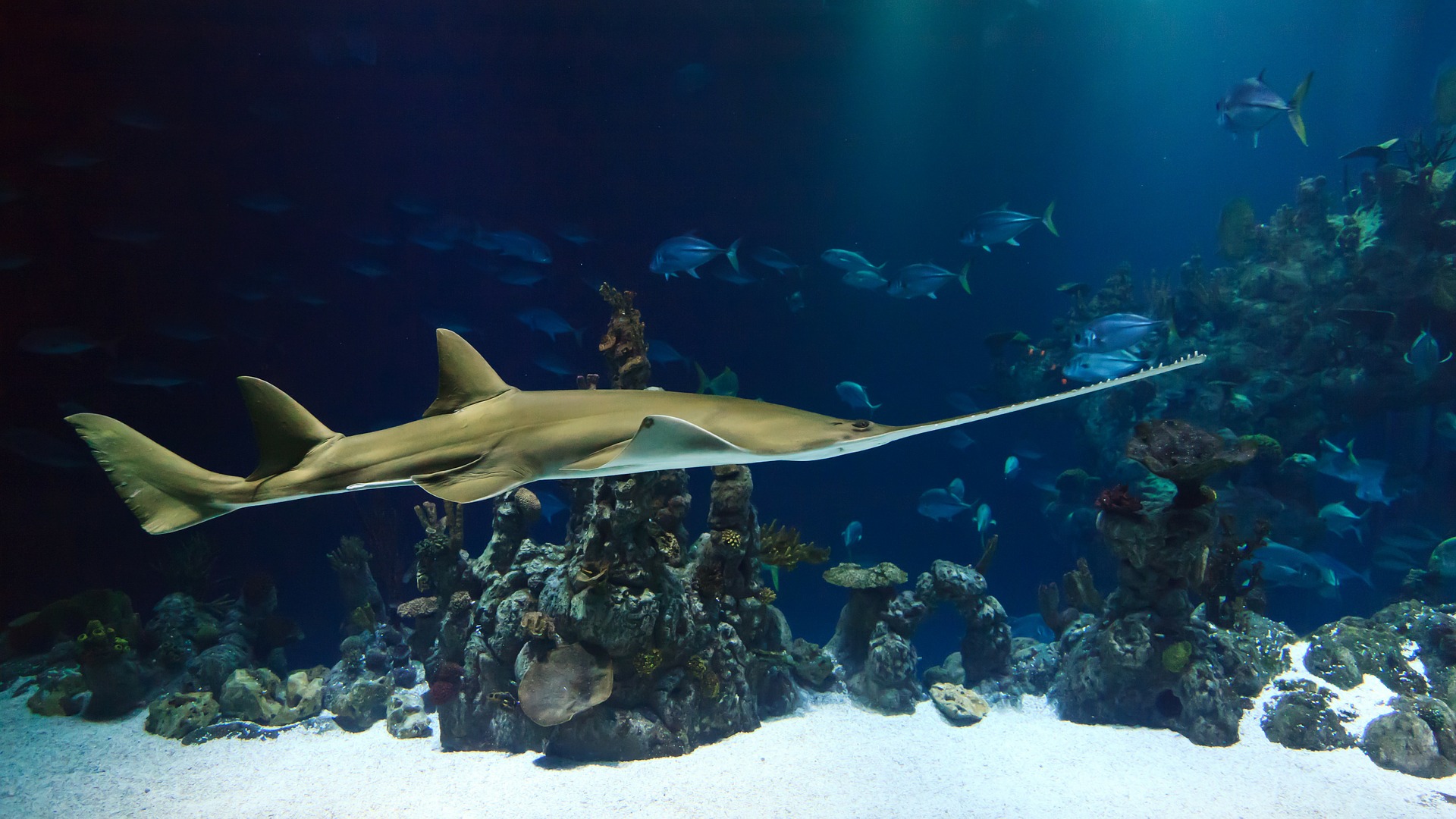The IOCARIBE region has been increasing its capabilities in the marine sciences in recent years. Governmental structures have also strengthened. Looking at the its Member States, the IOCARIBE Secretariat identified 147 academic higher education institutions that offer 796 Ocean Sciences programmes including 313 B.Sc. 298 M.Sc. 185 Ph.D. programmes. From that in the United States are 30 institutions with 69 Ph.D., 65 M.Sc. and 63 B.Sc. As well, students and scientists have other opportunities in Canada that has 14 Ph.D., 19 M.Sc. and 18 B.Sc.; Argentina with 13 Ph.D., 11 M.Sc. and 17 B.Sc.; Chile with 10 Ph.D., 20 M.Sc. and 24 B.Sc.; Peru with 2 Ph.D., 8 M.Sc. and 5 B.Sc. (C. Toro et al., 2017). However, 66% of that capacity is concentrated in only five Latin American countries and USA. The study concluded that the major challenge in the marine sciences was the asymmetrical development and capacity of member states.
To follow and analyze different variables and generate marine and meteorological forecasts, tsunami waves, trajectory and oil dispersion at sea, among other events, the IOCARIBE Member States use about 48 numerical models most of them operationally. Also, for the development of marine research in the region there are 35 oceanographic vessels in Latin America, 44 oceanographic vessels in USA including 16 of the National Oceanic and Atmospheric Administration – NOAA; 14 of University National System of Oceanographic Laboratories – UNOLS; and 14 belonging to US Navy (6 managed by UNOLS).
The ocean and marine institutions in the Island States of this region represent a minor percentage of the entire region. However, despite their small land area, they have jurisdiction over, often hundreds times larger marine areas, they need to manage.
The IOCARIBE Member States have implemented some 60 legal instruments related to ocean and coastal issues management as national policies, strategies, laws, plans, decrees, resolutions and diagnostic analyses and assessments for the management and sustainable development of the ocean, addressing coastal management, risk management and climate change (C. Toro et al., 2017). There are few regional and subregional policy instruments developed for the ocean and in force in the region, with the Cartagena Convention as one of the most comprehensive instruments available. The Organization of Eastern Caribbean States, developed Eastern Caribbean Regional Ocean Policy, an example of a sub-regional policy. CARICOM fisheries has worked with the regional fisheries management organization for Central America (OSPESCA) on management actions. The CLME is working on developing regional management linkages.
It must be recognized that outstanding individual marine scientists occur throughout the region and the products of the CARIBE-EWS Tsunami and Other Coastal Hazards Early Warning System for the Caribbean and Adjacent Regions and GEF Caribbean Large Marine Ecosystem Project clearly demonstrate the power of a regional approach (CLME, 2016). Thus, this science plan will have a regional focus and will address strengthening regional science efforts and strengthening countries’ participation. The needs of both coastal states and small island states need to be addressed.
IOCARIBE MEDIUM TERM STRATEGIC SCIENCE PLAN (2017–2026)
The IOCARIBE Medium Term Strategic Science Plan (SSP) (2017-2026) has been developed as a response to IOC Resolution XXVIII-2 “IOC Capacity Development Strategy 2015–2021” (UNESCO, 2016), the IOC Medium-Term Strategy, 2014–2021, adopted by Resolution XXVII-2(B) of the IOC Assembly at its 27th Session (Paris, 26 June–5 July 2013), and UNESCO Medium-Term Strategy (37 C/4) when adopted at the 37th session of the General Conference and 194th Session of the Executive Board of UNESCO.
OCEANEXPERT (A Directory of Marine and Freshwater Professionals)
OceanExpert is a Global dircetory of marine and freshwater professionals. It provides contact (and research topic) details on thousands of researchers and other marine (and some freshwater) professionals around the world. It is also the main address database of the Intergovernmental Oceanographic Commission of UNESCO. Also participants in IOC activities as well as students of courses register in OceanExpert.
https://oceanexpert.org/ |
OCEAN TEACHER GLOBAL ACADEMY
OceanTeacher Global Academy provides a comprehensive web-based training platform that supports classroom training (face-to-face), blended training (combining classroom and distance learning), and online (distance) learning.
OceanTeacher Global Academy courses cover a range of topics related to the IOC programmes, contributing to the IOC Mandate and the implementation of the IOC Capacity Development Strategy, enabling equitable participation of all IOC Member States and IOC Programmes.
https://classroom.oceanteacher.org/
|




